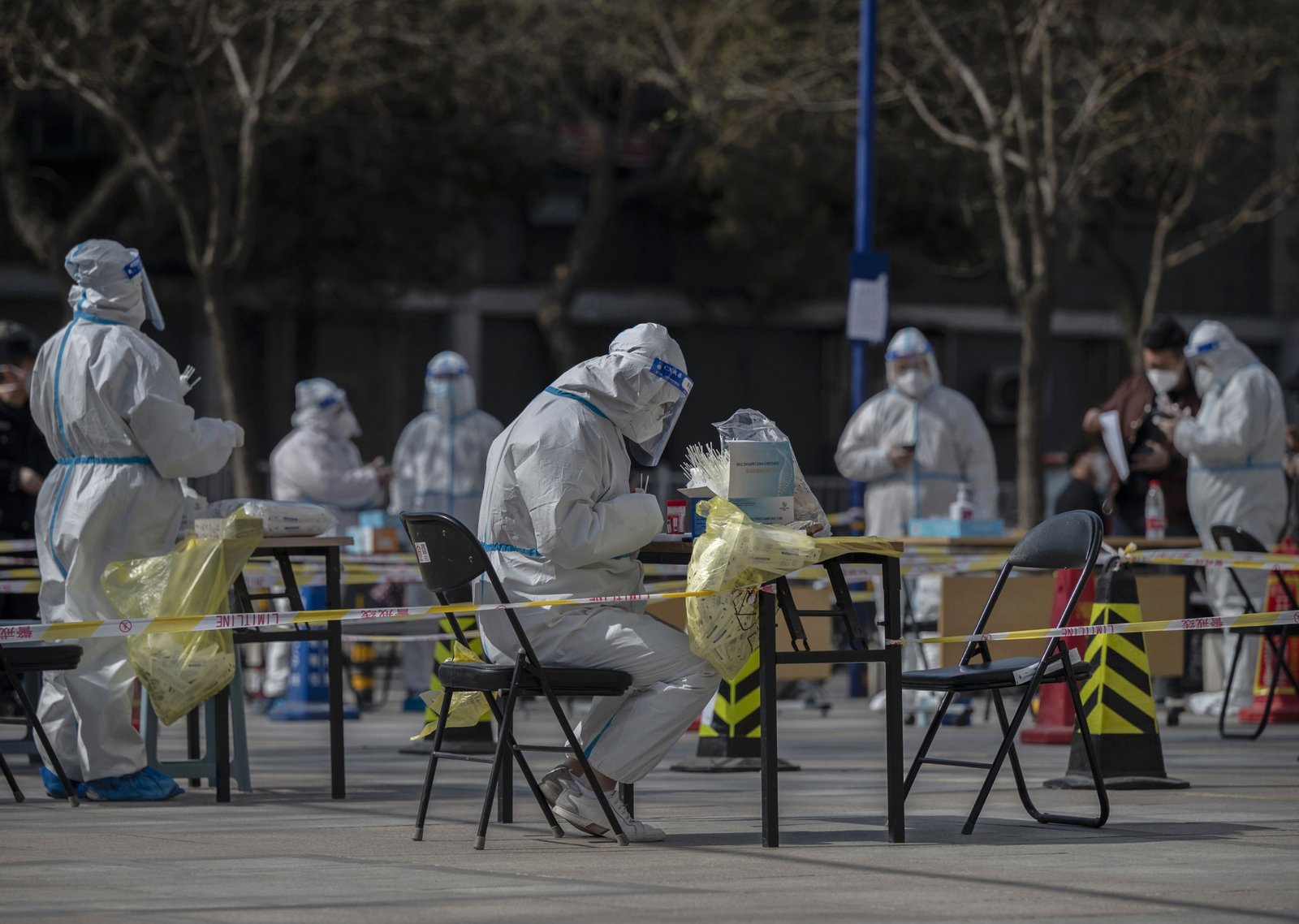HIGHLIGHTS
- China’s Zero-Covid policy causes the Chinese economy to stagnate, face production difficulties, and break supply chains.
- To ease economic difficulties, recently, on Monday, Shanghai announced a plan to ease its strict lockdown policy.
- The announcement comes more than a week after Shanghai fell into a citywide lockdown.
FULL ARTICLE
China market weakens
China’s Zero-Covid policy initially showed positive signs when it helped the country reduce the number of new cases to the lowest level. However, this is a “double-edged sword” when it causes the Chinese economy to stagnate, production difficulties, and break supply chains.

Financial markets on Monday reflected concerns about the impact of the restrictions policy, which are already enforced in many Chinese cities. China’s market-leading electric car maker Nio dropped its spot on Monday as traders weighed the impact of severe supply chain disruptions. Shares of Nio fell 8% in Hong Kong after the company said last week that suppliers in Shanghai, Jiangsu province and northern Jilin had reduced productivity and would delay deliveries.
Additionally, mainland China’s Hang Seng China Enterprises stock index fell nearly 4% and China’s CSI 300 index of Shanghai and Shenzhen listed stocks fell more than 3%. Inflation data released on Monday showed consumer prices up nearly 1% from a year ago, mainly due to soaring fuel and food costs.
Shanghai’s efforts
As one of China’s largest industrial and financial centers, a long-term lockdown of Shanghai would have serious consequences. The city is economically important to both China’s domestic economy and trade with the rest of the world.
Disruptions to China’s supply chains have increased after Shanghai was completely shut down this month, exacerbating transport and logistics strains as strict measures have brought activity in China to a standstill.
To ease economic difficulties, recently, on Monday, Shanghai announced a plan to ease its strict lockdown policy. Authorities in Shanghai have come up with a detailed plan to lift restrictions in residential areas, despite the continued increase in Covid-19 cases in the city.

Accordingly, the city will classify residential units into 3 levels of risk, areas that do not record new cases within a period of two weeks will be lifted lockdown and people can move and live normally. Shanghai will continue to adjust flexibly with the new declaration and minimize the impact of the lockdown on people.
The announcement comes more than a week after Shanghai fell into a citywide lockdown. However, much of the city remains under lockdown, leading to fierce complaints about access to food and medicine from residents. Shanghai accounts for the majority of the total number of new infections in China, equivalent to nearly 27,000 cases in just 24 hours in the past 10 days.
Cong Lam
Bulk carriers waiting to dock in China













